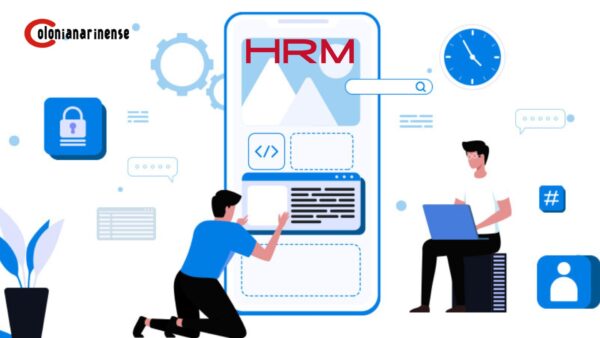Why would a Company Invest Heavily in HRM?
You’ve probably heard the term Human Resource Management (HRM) thrown around in the corporate world. It might sound like just another department, but HRM is far more than that. It plays a key role in managing and retaining employees, ensuring a healthy work culture, and driving the overall success of an organization. If you’re not sure why companies invest so heavily in HRM, this article will clear things up. We’ll break down the major benefits of HRM and explain why businesses worldwide prioritize it. Let’s dive in.
Why is HRM So Important?
In today’s fast-paced, global business environment, managing a diverse workforce is more complicated than ever. Employees come from different backgrounds, each with their own expectations, skills, and ambitions. This is where HRM becomes essential. It’s no longer just about hiring or firing—it’s about building a cohesive team that can drive the company forward. Think of your business as a ship, and HRM as the captain. Without the right leadership and support, even the best ship can struggle to reach its destination.
Why Companies Invest in HRM
Here are the key reasons why HRM is a critical investment for any company:
1. Attracting and Retaining Top Talent
Just like a sports team constantly looks for top players, businesses need to attract and retain the best employees. A strong HR department ensures the company hires talented individuals and keeps them happy, reducing turnover. This saves companies the cost and effort of continually recruiting and training new staff. With a well-managed workforce, companies can maintain consistent growth and innovation.
2. Skill Development
The business world evolves rapidly, and employees need to keep up with the latest trends and skills. Investing in HRM ensures that employees receive regular training and development, keeping their skills sharp. This helps companies stay competitive and prevents them from falling behind in an ever-changing market.
3. Boosting Employee Morale
Happy employees are more productive. HRM focuses on improving employee satisfaction through various initiatives—whether it’s benefits, wellness programs, or work-life balance support. When employees feel valued, they’re more motivated to contribute to the company’s success. This leads to fewer sick days and higher engagement, ultimately benefiting the organization.
4. Ensuring Legal Compliance
Navigating the complex world of labor laws and regulations can be tricky. HRM ensures that companies stay compliant with local, national, and international employment laws, reducing the risk of costly legal issues. By keeping the organization in line with regulations, HR professionals help avoid potential fines and lawsuits, ensuring smooth operations.
5. Shaping Company Culture
A strong company culture is the backbone of a successful organization. HRM helps shape and maintain this culture, ensuring that all employees work toward the same goals in a positive environment. This isn’t just about creating a friendly workplace—it’s about fostering collaboration, innovation, and loyalty, which can give the company a significant competitive advantage.
6. Succession Planning
Leadership transitions are inevitable, but they don’t have to disrupt the company’s progress. HRM plays a crucial role in succession planning, preparing employees to step into leadership roles when the time comes. By developing talent from within, companies ensure continuity and retain valuable institutional knowledge, setting the stage for long-term success.
7. Promoting Diversity and Inclusion
Diversity isn’t just about filling quotas; it’s about bringing together different perspectives that can lead to more innovative solutions. HRM ensures that companies build diverse teams and foster an inclusive environment where everyone’s ideas are heard and valued. This approach not only strengthens the company but also enhances its reputation and appeal to a wider range of customers and employees.
8. Facilitating Feedback and Growth
Regular feedback is essential for growth—both for employees and the organization as a whole. HRM helps create open channels of communication, allowing employees to voice their concerns and share ideas. This feedback loop helps the company identify areas for improvement while also giving employees a sense of ownership and engagement in the company’s success.
Conclusion
In today’s competitive business landscape, Human Resource Management has evolved into a core function that no organization can afford to ignore. From attracting top talent to maintaining legal compliance, HRM plays a vital role in ensuring that businesses run smoothly and efficiently. By investing in HRM, companies not only enhance their work culture but also ensure long-term success by fostering employee satisfaction, growth, and innovation. If you’re wondering why HRM is such a big deal, now you know—it’s the key to building a strong, resilient, and successful organization.



